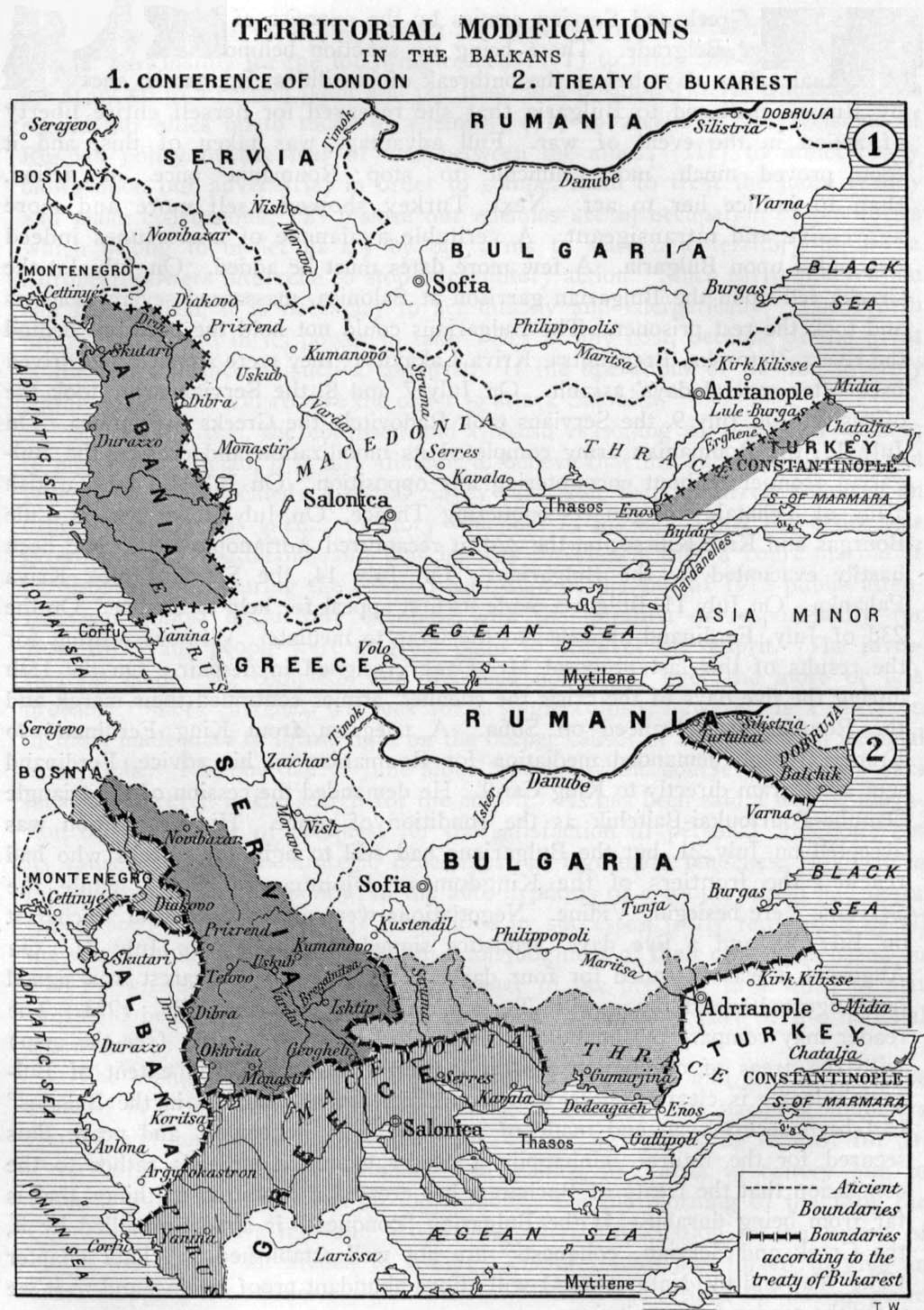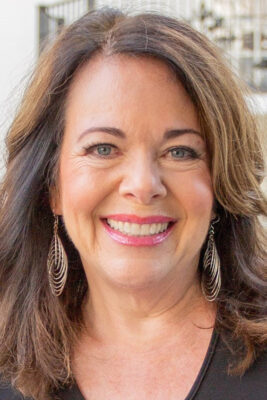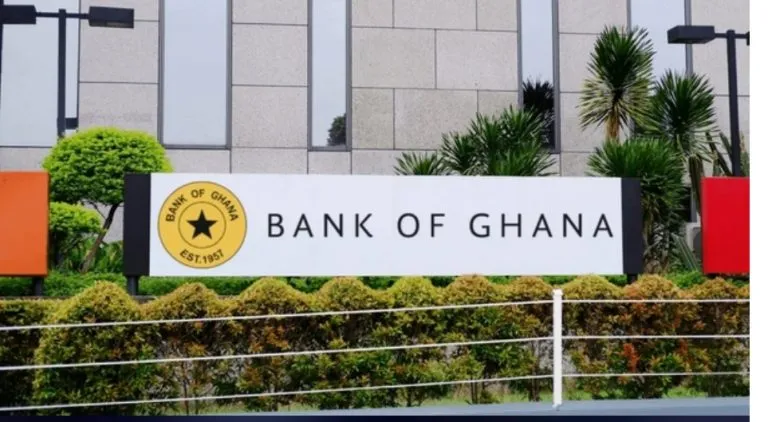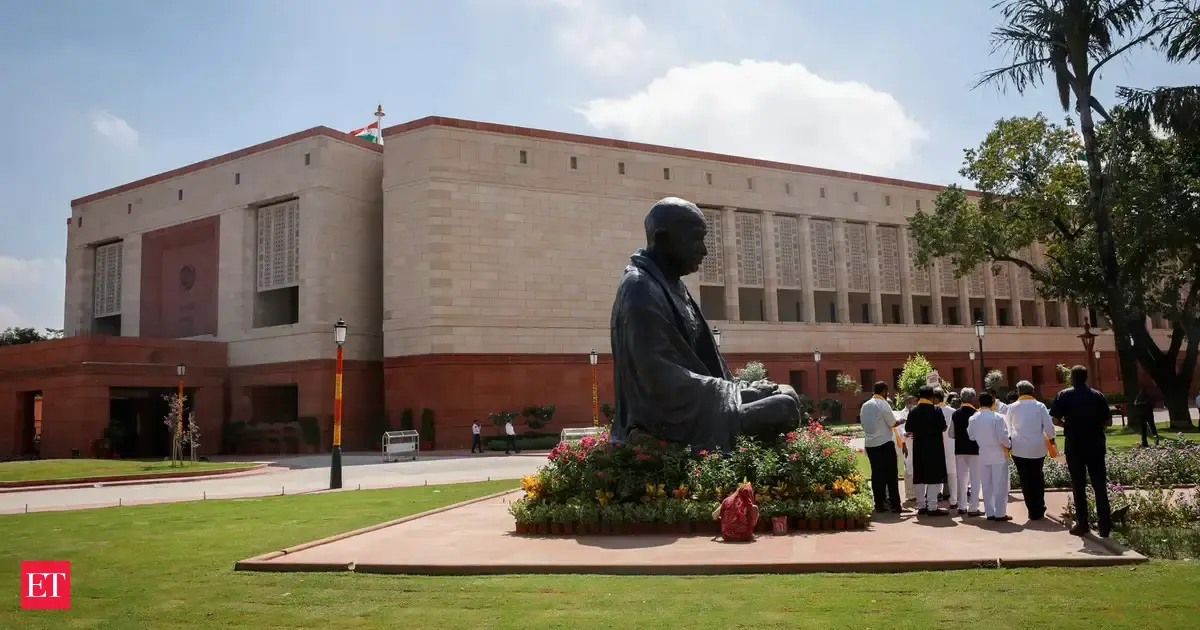By Antonis
Copyright thenationalherald

The non-Greek Ottoman subjects and the Greeks of Australia took different positions when the Balkan War started in October 1912. The former defended the Empire whereas the latter wanted Turkey to be ejected from Europe. The Australian press gave extensive coverage to the war through reports emanating from Europe, the views of local Greeks and Ottomans, editorials, and letters to the editor.
The president of the Ottoman Association of South Australia (SA), SJ. Attiah regarded this conflict as a stigma on human civilization and a “degrading factor on Christianity.” He criticized the Bishop of Montenegro, Metropolitan Mitrofan (1884-1920) who blessed the troops and “who ordered the tolling of church bells on the departure of the army to the war.” Attiah accused the Balkan states of launching an unprovoked attack on Turkey. At the same time, there were press reports that accused the Ottoman government of atrocities. Attiah did not deny this fact, however, he tried to differentiate the new Turk from the old one who had committed massacres on Christian minorities in the Empire.
On October 23, 1912, the representative of the Greek Organization Hellenismos, John Zavitchanos responded to Attiah’s comments in a letter to the editor of the Advertiser newspaper (Adelaide). He stated that “Attiah has the audacity to accuse the Christian allies [who] at present [are] combined against the barbarism spreading into civilization, of a malicious act. We Greeks are nobler than the Turks.” Even though unstated, Zavitchanos defended the actions of the Metropolitan of Montenegro.
Furthermore, he challenged Attiah to have both of them present their views “describing their deeds in the past and present before an English audience and accept its verdict.” Zavitchanos believed that Attiah’s real agenda was to see an increase of Syrian immigration into Australia. The Ottoman Consul in Sydney, Esper Nassoor Bey had spoken favorably about Ottoman immigration to Australia. There are files in the Australian National Archives where Syrians discussed the issue of immigration of their countrymen with Australian authorities.
As the war unfolded, Attiah received the names of 35 Ottoman subjects who wanted to volunteer for service in the Balkans in support of Turkey. However, their service was not required at that time. Ottoman patriotism was evident in all of Australia with those who wanted to defend the empire. The SA Ottoman Chapter was to convene a special meeting “to empower the financial executive committee to vote an ample sum of money to our government, together with the sum that may be voted by the associations in other states for the same purpose.” About £5000 was the most that could be raised from its members in Australia.
The Greeks throughout Australia volunteered to defend their motherland from the Turks. In Perth, the Greeks gathered at Bohemia Hall to discuss the war which they learned about from the press. P. Papaganestras, the Secretary of the Greek community, stated it was the duty of his fellow compatriots to shed their blood for the ‘patrida – fatherland’. He mentioned that the Turks had committed atrocities and highlighted the oppression of the Greeks on Crete. He pointed out that the Porte seemed satisfied with the atrocities committed in lands which once belonged to the Greeks. “They could not allow the Turks, or the Albanians to hold the land of their forefathers”, Papaganestras said.
Two Perth Greeks, Messrs. Papadopoulos and Stamoulis, who attended the meeting above, called upon volunteers who were ready to go to Greece. Some 54 names were presented and “all of these men took the oath of allegiance to the national flag.” Papadopoulos stated that the Greeks of West Australia had set an example for their compatriots all over Australia who were prepared to sacrifice their lives for their beloved Greece. A Mr. Kavouras declared that the volunteers who lacked sufficient funds would be assisted by those who possessed the financial means to assist.
Another meeting was held at the Moana Café in Perth, where the attendees passed a resolution to send a cable to the Greek Foreign Minister in Athens informing him that a large number of volunteers were ready to leave immediately and requested an urgent reply. The Foreign Minister replied that volunteers were not needed – only trained reservists who did their military service before they migrated to Australia were welcome. There were 54 Greeks from Perth who left for the Balkans onboard the ‘Orvieto’.
A similar request had come from J.D. Paizes, the Vice President of the Association ‘Hellenismos’ in a cable to the Greek Vice Consul in Perth “on behalf of Greeks resident in the goldfields.” He wanted information regarding whether the Greek government wanted volunteers from his hometown of Kalgoorlie. The Vice Consul sent an urgent cable to Athens and received a response from the Foreign Minister that only trained reservists would be needed, not volunteers. According to the Ballarat Star newspaper, ten Greeks from Kalgoorlie had left for the Balkans.
There were Greek volunteers from Melbourne, Sydney, Brisbane, Adelaide, and Broken Hill who left Australia to fight for Greece. They were trained reservists who were courageous and patriotic during the national emergency and rushed to help their homeland. The Greek community also raised funds for war relief that was sent to Athens. A Mr. Andronicus, a restauranter in Lismore, New South Wales, wanted to sell his business and to go over to fight the Turks.
The Governor General of Australia, Thomas Denman (1911-14) and also the 3rd Baron Denman issued a proclamation published in the Commonwealth Gazette on October 25, 1912, concerning Australian strict neutrality in the Balkan conflict. As a Dominion, Australia simply followed the edict of the Imperial government in London. It was strictly prohibited for Australian subjects to enlist in an army or navy of a foreign power whether in war or peace time. If they were caught, they faced serious consequences of incarceration and a fine as well. The author could not find any evidence of naturalized Australian Greeks going to fight in the Balkans. It could be assumed that the Greek reservists who went to fight were still subjects of the Hellenic Kingdom. There may have been a few exceptions however, of naturalized Greeks who may have violated the provisions of the Governor General’s proclamation.
In summary, both Greeks and Ottoman subjects domiciled in Australia displayed patriotism for their cause. The Greeks were very proactive, sending reservists to fight in the Balkans, and both groups raised money for war relief which was sent to Athens and Constantinople.



